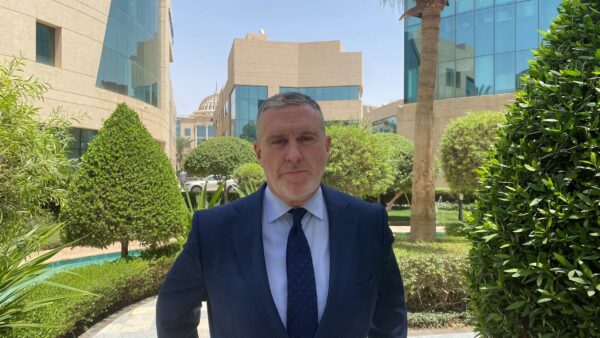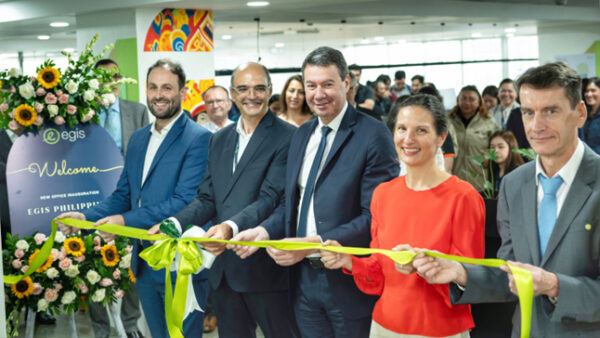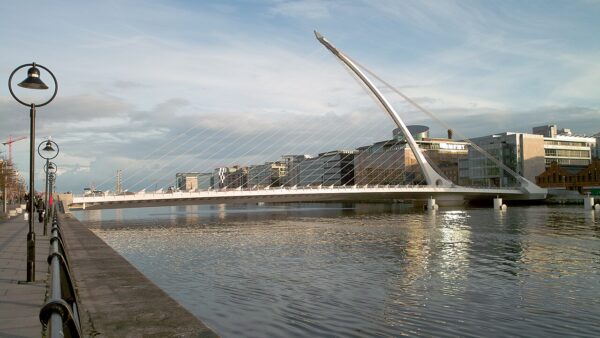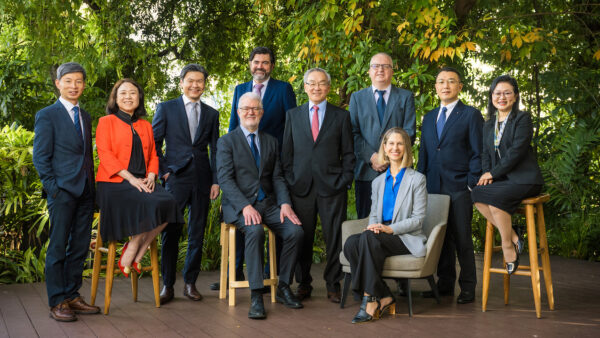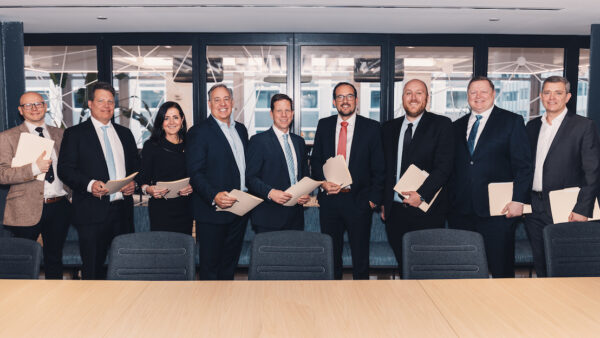South African-based contractor Murray & Roberts’ (M&R) proposed takeover of loss-making construction firm Aveng for $80m, which was agreed by both boards on Friday, has been thrown into doubt by M&R’s main shareholder.
German private investment company Aton, which owns the largest stake in M&R, and which has previously launched a hostile takeover bid for it, said it opposed the takeover.
It said it had had not been consulted about the deal and claimed it showed that M&R’s management was putting its own interest ahead of those of the company. Aton said the deal would increase M&R’s debt burden and risked increasing it further in the future.
Munich-based Aton, which is owned by the Helmig family, has been building up its shareholding in M&R over the course of the past few years, climbing from 25.5% in February 2017 to 33.1% in March of this year, to its present holding of a 39.6%.
M&R has rejected Aton’s buyout offer as “opportunistic” and poor value for its other shareholders.
Aton pointed out that the Aveng acquisition appeared to contradict M&R’s stated intention of withdrawing from the construction and infrastructure market.
It also accused M&R’s management of using the deal to stall Aton’s creeping takeover, saying its aim appeared to be “to frustrate Aton’s compelling proposition to M&R shareholders”.
Henry Laas, the chief executive of Johannesburg-based M&R, denied that this was the motive for the deal. He said M&R’s board had given approval for the Aveng purchase in November 2017, prior to Aton’s statement that it wanted to buy a 50.01% share in M&R in March.
Laas said in a press statement: “The primary objective of the potential transaction is to establish a large multinational engineering and construction group with the scale necessary to compete more effectively in relevant markets. In this context, the group believes that the strategic rationale for the potential combination of Murray & Roberts and Aveng is compelling.”
M&R company employs 14,200 people in construction, mining, oil and gas, power and energy in Africa, the Middle East, Southeast Asia, Australasia and North and South America.
Aveng is based in South Africa and Australia and employs around 16,000 people. Its problems followed a write-down of $520m in September 2017, which cut its share price in half and led to the resignation of chief executive Kobus Verster.
At the time, Aveng chairman Eric Diack explained the write-down in the following terms: “During the first half of the year, arbitration rulings for the Kenmare Resources and Mokolo Water Augmentation contracts resulted in awards well below our expectation. This, together with a highly litigious environment, precipitated a review of long-outstanding uncertified revenue.”
Image: One of Aveng’s main clients is South African energy and petrochemical group Sasol (Aveng)
Further reading:





